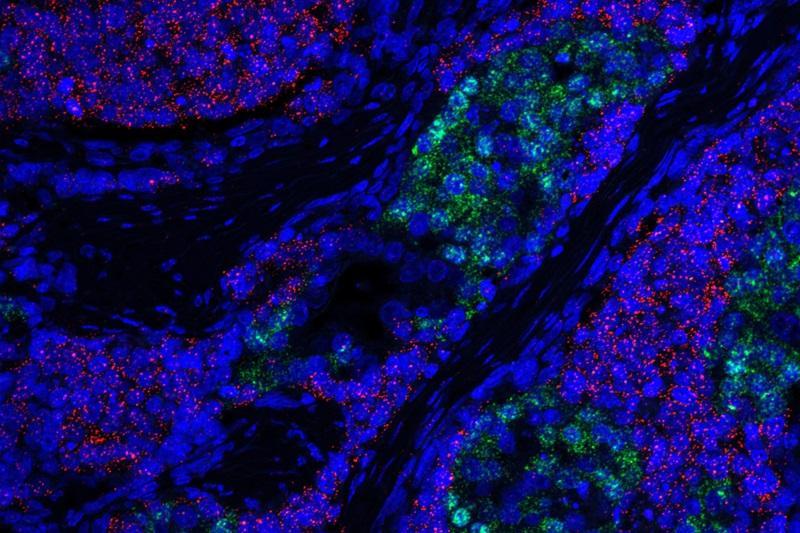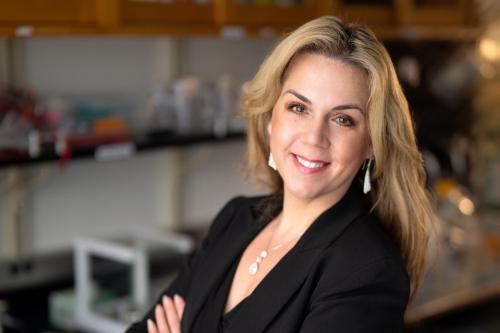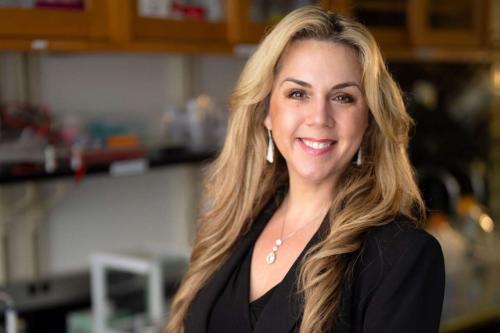
Tanya Stoyanova, Ph.D.
- Associate Professor, Molecular and Medical Pharmacology
- Associate Professor, Urology

Tanya Stoyanova, Ph.D., develops novel diagnostic and therapeutic approaches for a range of cancers including those of the prostate, breast, lung and brain. Her ultimate goals are to create new methods that enable the early detection of cancer and to aid the development of targeted therapies for patients with late-stage, metastatic forms of the disease.
Stoyanova studies the molecular mechanisms underlying the initiation and progression of epithelial cancers, neuroblastoma and neuroendocrine tumors. Improved understanding of these mechanisms could inform their utility as biomarkers for early cancer detection and as therapeutic targets for metastatic cancers.
Her research utilizes a wide range of approaches, including cell and molecular biology techniques, proteomic analysis and imaging technologies. Stoyanova is developing new biomarkers for early cancer detection in tissue, blood and urine samples, which could lead to improved diagnosis and prognosis of clinically significant cancers.
Stoyanova is currently working on discovering and testing new therapeutic targets, developing small molecule inhibitors and antibody-based therapies as well as exploring combination treatments that pair experimental agents with FDA-approved therapies. Additionally, she is creating new imaging modalities, such as antibody-conjugated fluorescence dyes for tumor imaging and PET imaging techniques, to enhance cancer detection and monitor treatment responses.
Research Projects
- Developing novel therapeutic approaches for cancer, including new small molecule inhibitors and antibody-based strategies
- Identifying new sequential and combination therapies by studying proteins in cancer cells to define druggable targets
- Discovering new biomarkers for early cancer detection in tissue, blood and urine samples
- Creating new imaging modalities to improve cancer detection and monitor response to cancer therapies
- Defining new molecular mechanisms underlying cancer development and progression
-
Post-doctoral Fellowship
- Prostate Cancer Biology, UCLA, 2015
Degree
- Ph.D., Biochemistry and Molecular Genetics, University of Illinois Chicago, 2009
